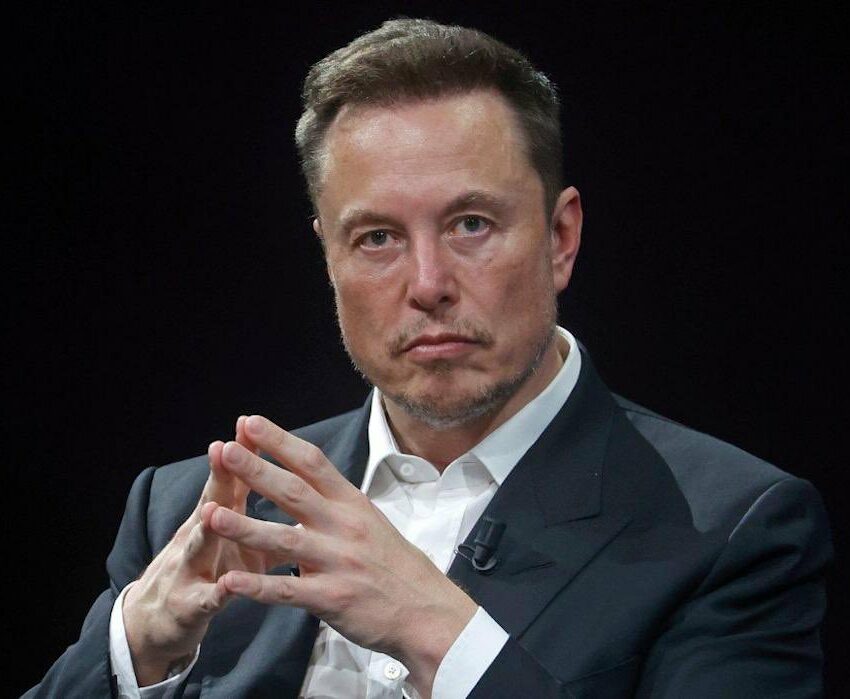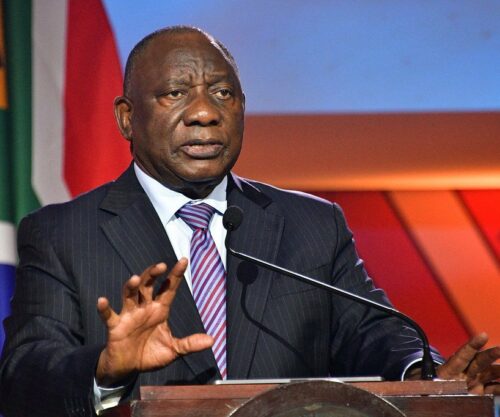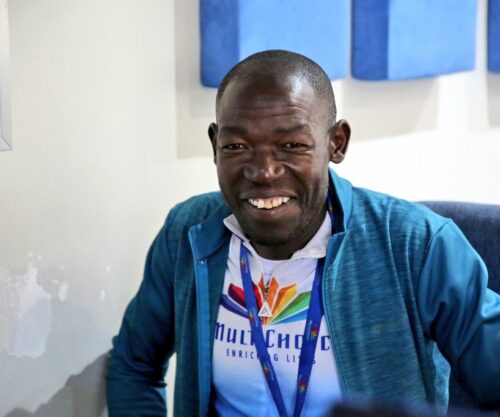
South Africans may be closer than ever to high-speed satellite internet, even if Starlink remains absent from local networks. Despite political controversies surrounding Elon Musk, experts argue that his SpaceX satellite service could offer unprecedented access to digital resources for rural communities.
Controversy and Misunderstanding
Talks to bring Starlink to South Africa stalled earlier this year after Musk and former US President Donald Trump publicly criticized policies such as Black Economic Empowerment (B-BBEE), which require foreign telecom companies to allocate at least 30% local equity to historically disadvantaged South Africans. Musk, born in Pretoria, claimed the service was barred because he was not black, a statement South African authorities quickly denied.
In May, Communications and Digital Technologies Minister Solly Malatsi issued a policy direction paving the way for Starlink, just days after President Cyril Ramaphosa met Trump in Washington to “reset” strained relations. Yet, as of now, Starlink remains unavailable locally, even though neighbouring countries have already adopted the service.
Lessons from History: Alternative Pathways
Professor Bismark Tyobeka, vice-chancellor of North-West University, highlights precedents from other industries. In 2019, automotive giants like BMW, Toyota, and Ford created funds to bring historically marginalised groups into the sector—a model Tyobeka says could apply to Starlink.
He explains:
“Independent Communications Authority of South Africa (Icasa) must ultimately decide whether to grant a licence. Starlink has pledged to provide free internet to 5,000 rural schools, benefiting 2.4 million pupils. This is not anti-B-BBEE; in fact, it’s mass empowerment.”
Tyobeka adds that during the Covid-19 pandemic, students in rural areas were left behind due to a lack of free data. “If well executed, this initiative would be revolutionary,” he said.
Closing the Digital Divide
The implications extend beyond mere connectivity. Tyobeka notes that high-speed internet for schools could reshape education and the economy:
-
Bridging the digital divide: Millions of students gain equal access to information.
-
Equipping the workforce: Digital skills acquired in school prepare young people for today’s job market.
-
Boosting the economy: Research opportunities, improved teaching outcomes, and a more skilled workforce strengthen productivity.
“The majority of the beneficiaries would be 90% black, if not more,” Tyobeka said.
A Choice for Regulators
South Africa’s regulators face a pivotal decision: maintain rigid ownership rules or embrace an alternative that brings millions online. Tyobeka frames it succinctly:
“The question is whether ideology will outweigh opportunity, or whether, this time, the needs of the many will prevail.”
Starlink’s Global Promise
Starlink operates thousands of low-earth orbit satellites to provide reliable, high-speed internet around the world. Its potential impact in South Africa is massive, particularly for rural learners and underserved communities. If granted a licence, Musk’s Starlink could transform how education and connectivity are delivered, providing not just access but opportunity for millions.
{Source: The Citizen}
Featured Image: X {@AfricaisHOME2}




